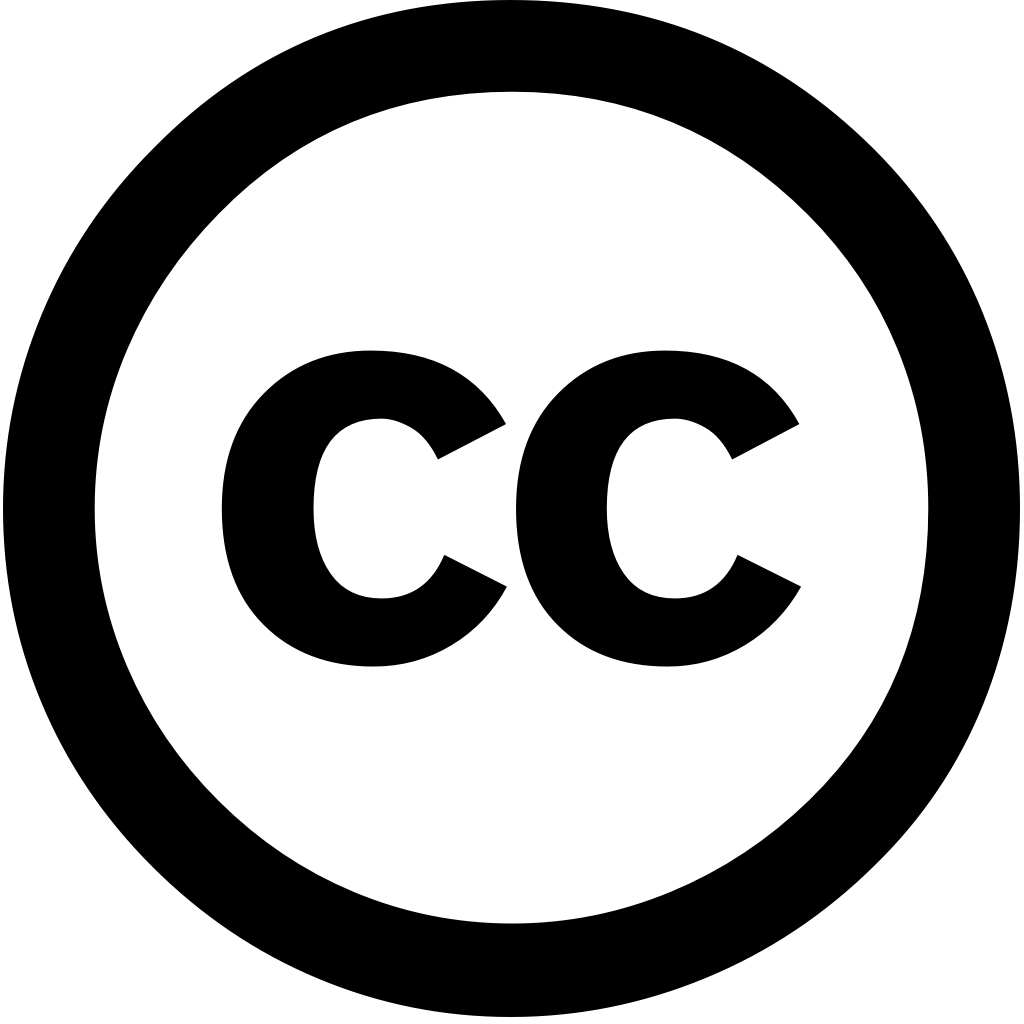Which says nothing about "withdrawing" material; thanks for confirming that.
And also doesn't use the word "withdraw," particularly in the sense of being unable to withdraw it.
I'll also point out that the entire "withdraw" idea is meant to be an example of the sort of bad legal argument WotC could make with CC that they did with the OGL.
Which is the sort of opinion that a judge would need to make a ruling on, and hence puts the entire scenario into the same realm of speculative uncertainty that we found ourselves with insofar as the OGL debacle went.
The ideas of "we can't play with the definition if it doesn't appear in the license" and "so we therefore must look at the function" are once again your opinion on a legal matter, which means that it's going to be up to a court to adjudicate. The entire question of whether or not withdrawing content means that anyone who'd previously used the license would be infringing is likewise highly suspect, since even the purported notice contained the clause of "everyone publishing 5.1 SRD materials after the date given would be infringing" rather than any previous content being infringing. Hence, we can do away with the idea that the "big players" would even be willing to get involved (let alone able to, since they're not party to the circumstances outlined).
All of which is to say that this would, as I said, be the same situation in which we found ourselves during the OGL debacle: where WotC issues a statement that ultimately causes a lot of FUD (fear, uncertainty, and doubt) that has a chilling effect on third-party publishers, regardless of the fact that WotC doesn't own the CC like they do the OGL.



